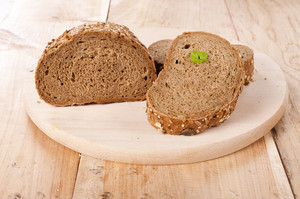The Whole Food Diet

The Whole Food Diet is a healthy eating plan that focuses on consuming fresh, organic foods in their natural state. This diet includes a variety of fruits, vegetables, whole grains, legumes, nuts, seeds, herbs, spices, and animal products, such as eggs, dairy, fish, meat, poultry, and organ meats. Unlike fad diets, the Whole Food Diet has been practiced for thousands of years.
The main idea behind this diet is that our bodies require specific types of fuel to function optimally. Refined sugar and processed carbohydrates are considered unhealthy fuel sources that can lead to weight gain and a slower metabolism. On the other hand, whole, unprocessed foods provide the body with essential nutrients and promote the use of fat stores for energy.
Preparing meals using whole foods involves using natural ingredients and minimal processing. By doing so, we reduce our exposure to toxins and avoid the chemicals added during food processing. These chemicals can potentially cause health problems like cancer and allergies.
The farm-to-table concept emphasizes the importance of consuming foods that are grown in a natural environment and harvested at their peak ripeness. It also advocates for minimal processing, which includes steps like washing, peeling, cutting, grinding, and juicing.
When we eat whole foods that are high in fiber, vitamins, and minerals, our metabolism becomes more efficient, leading to weight loss and increased energy levels. Additionally, whole foods support our body’s overall functioning by providing essential nutrients without the addition of artificial additives or preservatives.
If you are looking to lose weight and boost your energy, adopting a Whole Food Diet may be a beneficial option for you. By focusing on fresh, organic foods and avoiding processed options, you can provide your body with the necessary nutrients it needs to function at its best.



